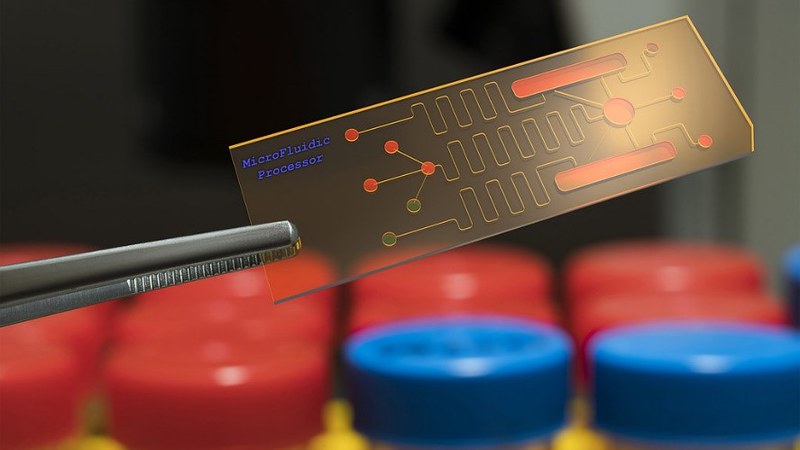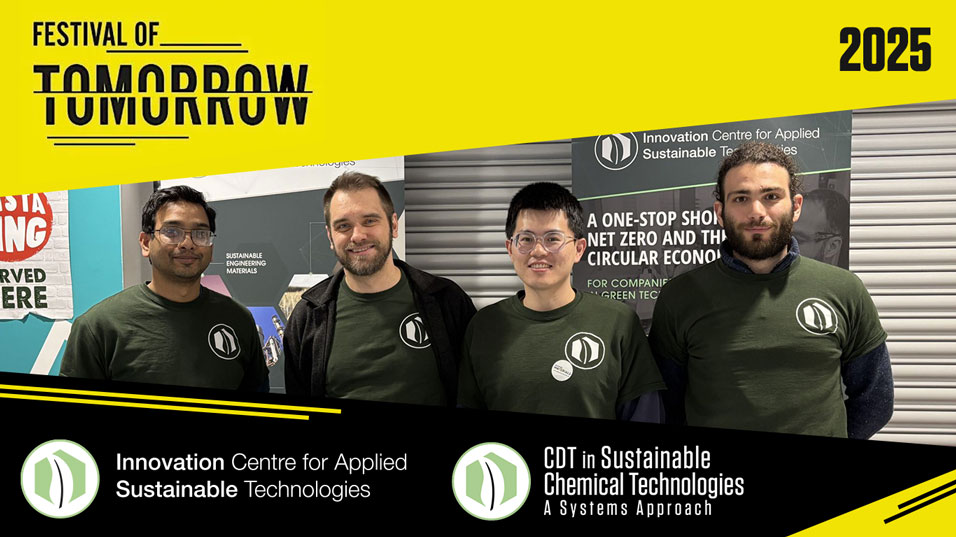
Developing low-cost, point-of-care tools for early diagnosis of prostate cancer
Professor Sofia Pascu, researcher in the Centre for Sustainable and Circular Technologies (CSCT) and the Centre for Biosensors, Bioelectronics and Biodevices (C3Bio), has received European Research Council (ERC) funding to develop a point-of-care, non-invasive biosensor to detect prostate cancer early and at a lower cost.
The success of this proof of concept could drastically improve the detection, monitoring and prognosis of the second most common cancer in men and a major player in cancer-associated deaths worldwide, as well as significantly reduce the cost for cancer care, which is estimated to be circa 199€ billion per year in Europe.
Personalised point-of-care diagnostics
Prostate cancer is challenging to diagnose and treat – current monitoring methods are not sensitive enough to detect cancerous cells until symptoms start to appear, at which point treatment can become less effective. Since this type of cancer is more prevalent with age, developing non-invasive systems to monitor at-risk populations and detect cancer cells in early stages would hugely benefit patients and healthcare professionals.
New biosensing technologies, in particular those using nanomaterials in thin films, are a good contender in the development of quick, reliable point-of-care diagnostic devices to inform the presence, type, stage and prognostics of prostate cancer.
The Bath team are proposing a highly sensitive device that uses:
- A biological section designed to specifically interact with proteins present in the surface of cancer cells
- A transducer to transform the biological signal into an electrical signal
- An electronic detection system
This design would allow detecting the presence of prostate cancer proteins at lower concentrations than current methods permit and only using a small blood sample from the patient. Following this point-of-care test, doctors would potentially be able to request a biopsy to confirm diagnosis.
The cross-disciplinary project, named ‘Tools-to-Sense’, was born out of long-standing collaborations between Professor Sofia Pascu (Department of Chemistry) and Dr Pedro Estrela (Department of Electronic and Electrical Engineering), whose research groups have worked together for a decade, in particular in the Marie Curie Initial Training Network PROSENSE led by Dr Estrela.
Following Professor Pascu’s ERC Proof of Concept grant award, only available to current or former ERC-funded investigators, she will again work closely with Dr Pedro Estrela as co-investigator in this project embedded in the CSCT and the C3Bio.
Professor Pascu said: “This is a new and exciting proof of concept technology exploration, following on from my ERC Consolidator Grant O2Sense, which will be pursued at the interface between physical sciences and biosensing healthcare applications towards new engineering solutions for future early diagnostics of relevance to non-communicable diseases.”
Dr Estrela added: “There is a great demand for minimally invasive tests that can diagnose prostate cancer at the early stages and determine if the cancer is indolent or aggressive. This will inform therapeutic interventions in a more personalised and effective way and hence improve patient outcomes.”







